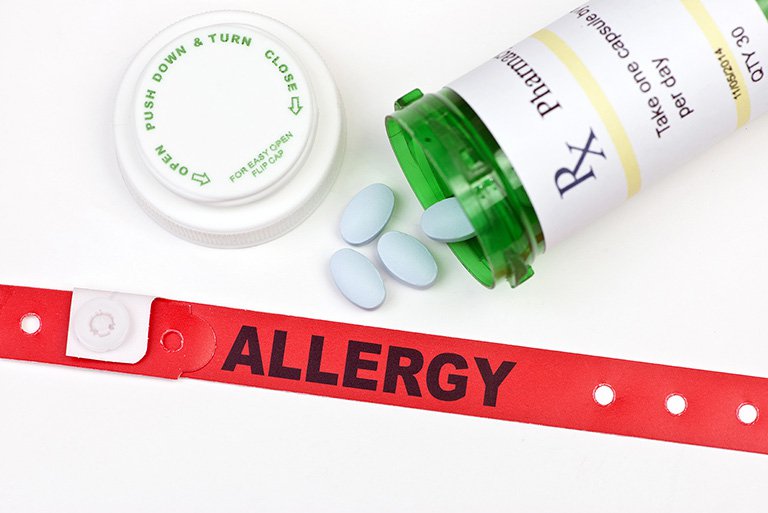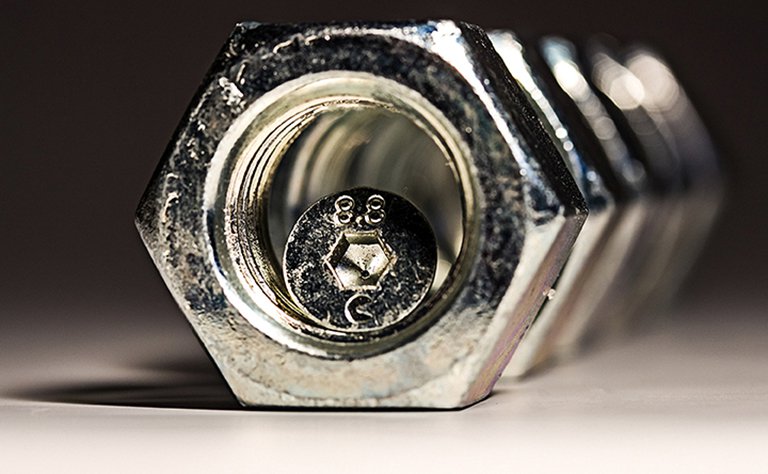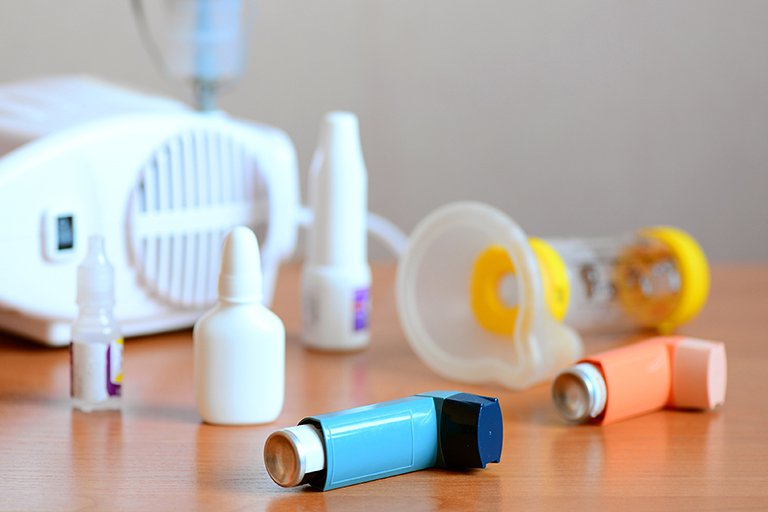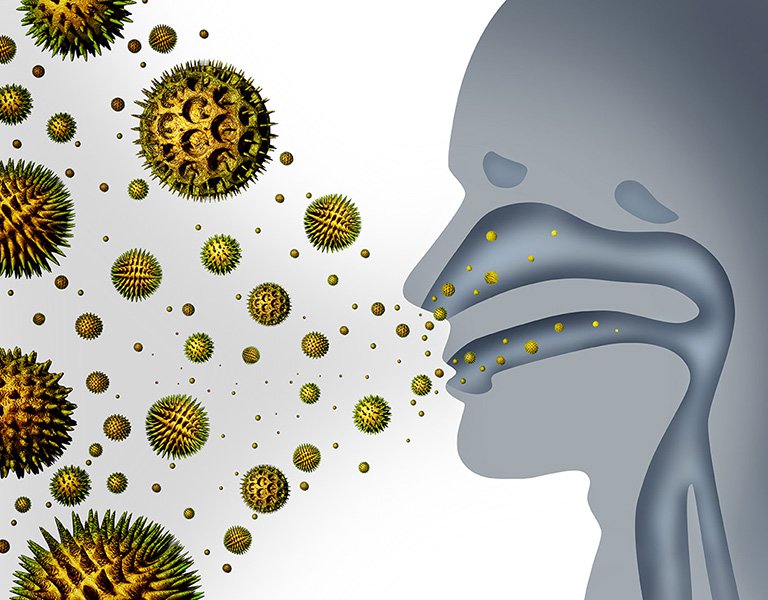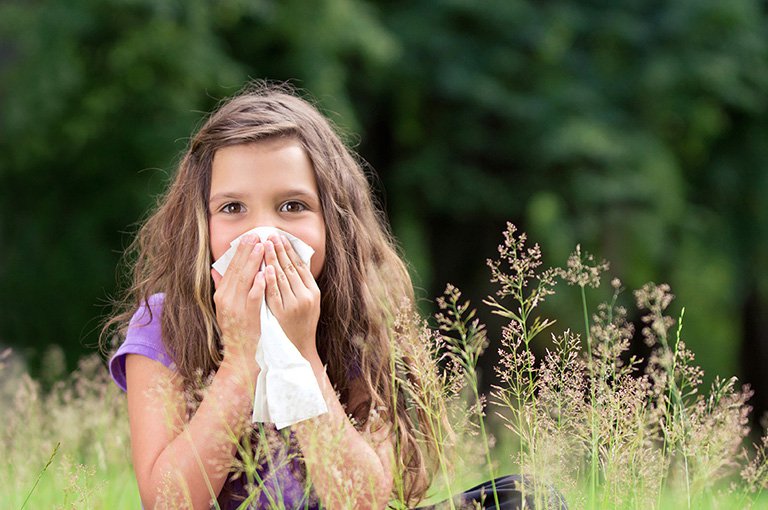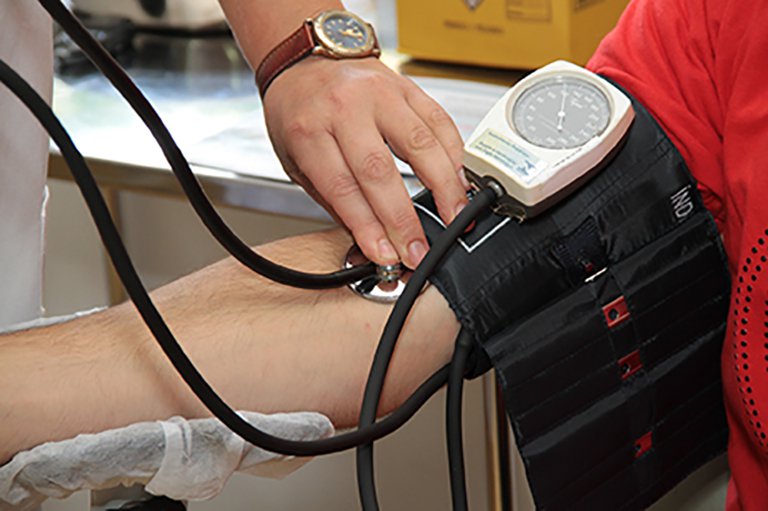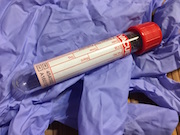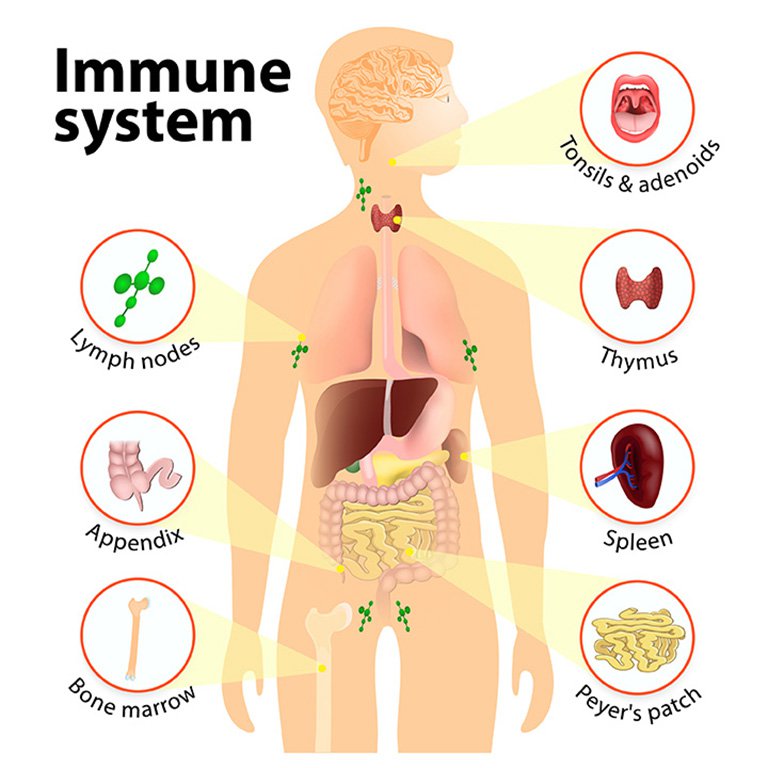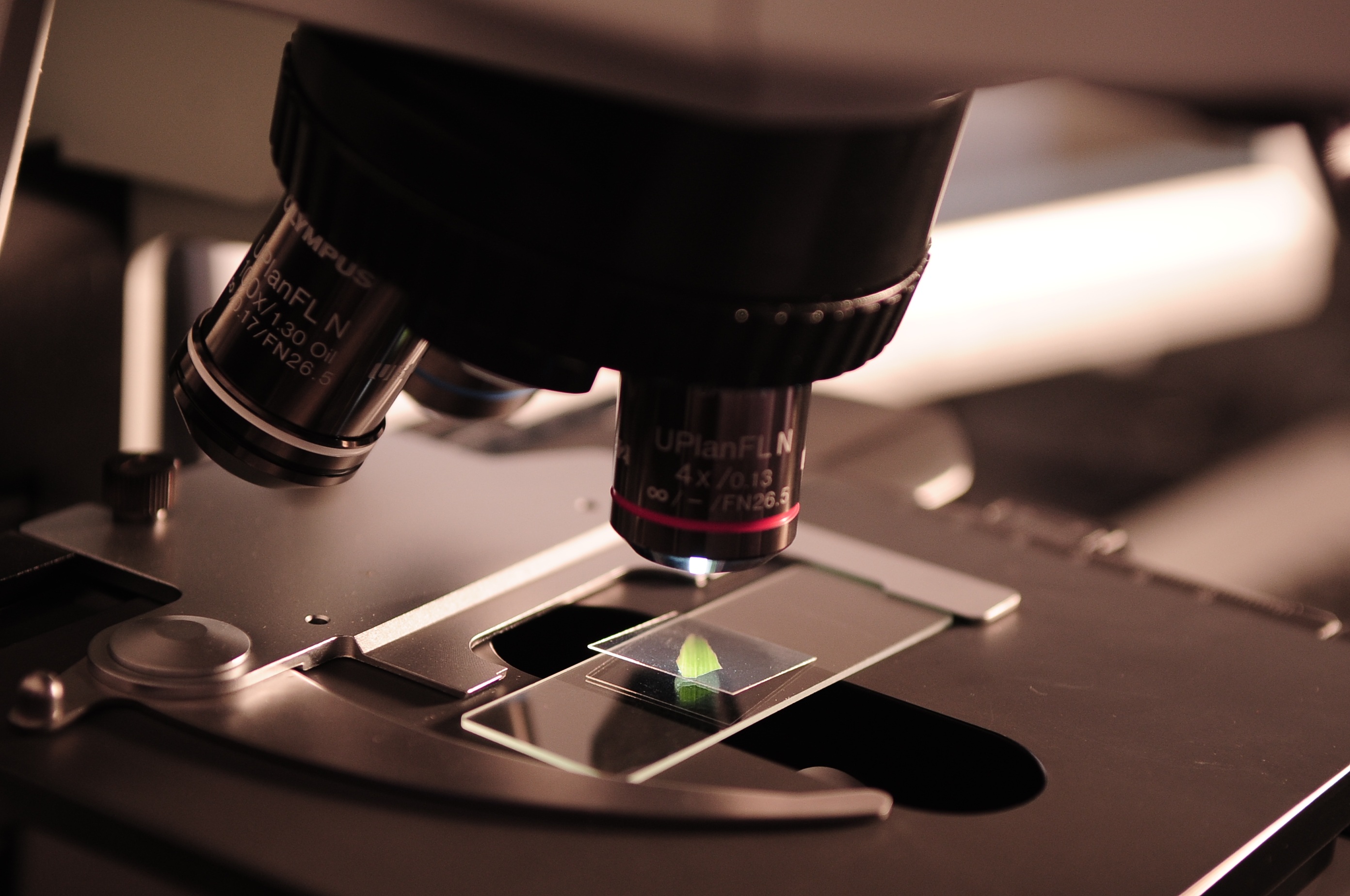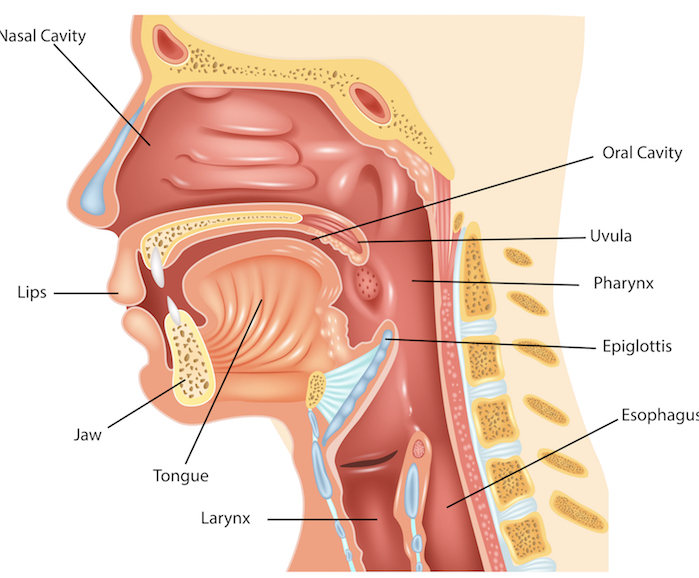Services
Allergy Shots
This is a desensitizing treatment consisting of a series of injections given under the skin to reduce symptoms in people with environmental allergies, asthma and insect sting allergies. It has the potential to make you feel and live better.
Allergy shots are a long term treatment. They decrease your sensitivity to allergens and can lead to long-term relief of your symptoms even after treatment has stopped. Thus, it is a cost-effective therapy for many people.
Adults and children, usually over the age of 5-years-old, are eligible to receive allergy shots. Successful treatment can allow you to avoid long-term medication use. However, allergy shots require a certain time commitment. There is an initial build-up phase usually ranging from three to six months, followed by a maintenance phase. Any deicision to stop allergy shots should be discussed with your team at Chicago Allergy & Asthma. The cost varies depending on insurance coverage, and allergy shots are not used to treat food allergies.
The physicians at Chicago Allergy & Asthma specialize in the administration of allergy shots. Our facility is equiped with the proper staff, equipment, and physician supervision to administer allergy shots. Serious reactions to allergy shots are rare, and when they do occur our team has the experience and training to manage them well.
Skin Tests
Skin testing is a simple test that involves pricking the skin for the diagnosis of environmental, food, insect venom and drug allergies. Our physicians are board-certified to interpret these results, and accurately diagnose possible allergic conditions.
If you have an allergy, this is because your immune system reacts to something you have been in contact with. Normally, your immune system acts as a defense system for the body so that it can fight any bacteria or infections. But if your immune system accidentally reacts to something that is not an infection, then it can be the cause of your allergic reaction. For example, if your immune system accidentally thinks peanuts are harmful then it defends your body from peanuts. This could cause an allergic reaction.
An allergic reaction could be something you ate, something you touched, or even something you inhaled. Skin prick tests check for quick reactions to many different substances at the same time. For example, it can test to see if someone is allergic to dust, mold, food or pollen. We usually do this test on the skin of the arm or the skin near the top part of the back. This test is not painful. Testing is performed by our board certified physicians. They have completed an additional two years of medical training to become experts in the treatment of allergies.
In some people, there is a quick reaction to skin testing which tells the doctor that you may have an allergy to one of the substances that was tested. In other people, if there is no reaction then the doctor may choose to add two additional substances to the skin to see if this changes the reaction. Again, this part of the test is not painful or uncomfortable. Skin testing done by an allergist is generally safe and effective. It can be done in both children and adults. Since there are many different things that can cause an allergic reaction, your doctor will help determine which test is best for you.
If you develop any red, itchy bumps then we will measure the size of these and consider whether any additional testing needs to be done. In some people, the results can be delayed and may not happen for several days. If this is the case, we carefully monitor and evaluate this reaction to determine the next steps. Once your doctor is able to determine what you are allergic to then we will develop a treatment plan to reduce or eliminate your allergies.
Penicillin, Drug or Vaccine Allergy
Skin testing can be performed to penicillin and other drugs to determine if a person is still allergic to that drug. This is important information that can be shared with your doctors and pharmacy.
Penicillin is used to treat many different infections. Being evaluated or being tested for an allergy to penicillin lets your doctors know whether it is safe to give you certain antibiotics. There are many antibiotics that have penicillin in them or are similar to penicillin. An allergy to penicillin means that even medications that are similar to penicillin can be dangerous and many times need to be avoided.
The most common signs of an allergy to penicillin are rash and itching. A severe reaction could possibly be life-threatening and quite dangerous. To evaluate you for a possible allergy when you come to our office, we will first examine you and gather information to get a complete understand of what type of allergy you may have. The doctor might think about having you undergo tests to see if penicillin is in fact an allergic trigger for you.
Depending on the results of your tests, you may be eligible to have treatment to see if you can safely take penicllin again. We will closely observe you through this process and ensure that it is done in a safe manner with the expertise of our board certified allergy and immunology group.
Patch Testing
Patch testing is a test for delayed allergic rashes. Small patches containing cosmetics, common chemicals and other products are placed on the skin. This test is not painful, and the chemicals are left on the skin for 48 hours. This test is always performed by a specialist such as the doctors at Chicago Allergy & Asthma. Be sure to let your doctor know if you think there was something that caused your rash when it first appeared. This can give your doctor a clue to help decide whether it can be tested.
If the test results are positive, your doctor will provide you with information on what exactly the substance is. We can give you advice on how to avoid those exact substances and prevent reactions from happening. In addition, we can provide specific instructions on how to manage your allergies.
While undergoing patch testing, it is helpful to avoid activities that cause you to sweat a lot because this can cause the patch to not work well. Keep the area of skin dry until your doctor tells you it is okay.
Environmental Allergy
Environmental allergies can be triggered by allergens both outside and inside your home. They can worsen your symptoms of asthma, for example, and kick start many symptoms related to your allergies. In Chicago, environmental allergies can be very bothersome. Pollen is something that is released by grass, trees and weeds. It travels through the air and trigger symptoms such as cough, itching, runny nose and sneezing. The weather conditions play a big part in how much pollen can effect your symptoms.
Dust mites are tiny bugs that live in beds, furniture, and carpets. No matter how much we clean our home, these are always around. The doctors at Chicago Allergy & Asthma will help teach you how to avoid them and whether or not they might be causing some of your symptoms. Mold is a similar problem and can be found any home. Mold likes to grow in wood and fabrics but really it can grow anywhere including bathrooms, air conditioners, furniture and more.
There are many irritants that cause your allergies to get worse. Contact our office today to learn more about an environmental allergy and receive a diagnosis to begin treatment.
Food Challenges
To determine if someone is allergic to a food, patients can be challenged with foods they have previously been avoiding under careful nursing observation.
The most common food allergies are cow's milk, eggs, peanuts, wheat, soy, fish, shellfish, and tree nuts. The human body might mistakenly react to the proteins in these foods causing an allergic reaction. The allergic reaction can vary from rashes to sneezing and itchy eyes, or even serious reactions such as angioedema or trouble breathing.
Our goal is to find out if there are any foods that are causing this problem. We will then carefully perform testing to confirm exactly which foods or which ingredients are to blame. This is a very accurate test. If you have no reaction during the testing, you will slowly receive larger and larger doses and the food challenge will stop. On the other hand, if you have a reaction to even small amounts of the food then your doctor will discuss ways to avoid the food. You will also be given medications to help combat any possible food reactions.
Insect Allergy
Insects which can inject venom into the skin can cause severe allergic reactions. Most people do get some redness and swelling after being bit by an insect. However other people can have much more serious reactions, including possibly life threatening reactions. There are several insects that cause these reactions such as yellow jackets, honeybees, paper wasps, hornets and fire ants. Many of these insects attack with little warning.
A serious reaction can sometimes be identified by itching, rash, swelling of the throat or tongue, difficulty breathing, dizziness, nausea or diarrhea. These symptoms should notify you to seek immediate medical attention. Because these symptoms can be very serious, it is important to visit with a specialist such as the doctors at Chicago Allergy & Asthma who can perform tests to accurately make a diagnosis.
Contact our office today if you are having an allergic reaction after coming into contact with an insect. Our expert physican can help with diagnosis and treatment right away.
Medications
Allergies to medications are important to recognize as they can potentially cause serious problems. If you develop a rash, hives, or shortness of breath after taking specific medications, then you may have a medication drug allergy. You should inform your doctor of any potential allergies to medications.
The most common medications that cause allergic reactions are antibiotics such as penicillin. Other times medications such as aspirin, ibuprofen, or antibiotics with sulfa can cause allergic reactions. The allergic reaction can be a rash, itching, hives, wheezing, or shortness of breath. We are most concerned when a medication causes a severe allergic reaction called anaphylaxis, which is a medical emergency.
It is helpful to tell your doctor what symptoms you have after taking a medication. When did you last take this medication? It may be helpful to bring the medication with you to the appointment so that your doctor can offer an alternative prescription.
We are able to perform simple tests to diagnose allergies to medications, and then provide desensitization treatment to provide relief. This could be a skin test where we test a small amount of the medication on the skin and monitor for any local reaction on the skin. Other times, we may try a medication or drug challenge. This is where we will administer a small dose of the medication and closely monitor for reactions.
Metal Allergy
Metal allergies such as skin reactions to nickel can cause irritation to the skin and leave patients with inflammatory reactions such as rashes. We are able to diagnose metal allergies with skin testing to determine which metals are causing allergic reactions, and then provide treatment to reduce these reactions.
Many common metals found in jewelry, clothing, or even everyday supplies that we handle and use routinely can be a source of metal allergy. This is why diagnosis requires a careful examination and appropriate testing to narrow down possible causes.
Pulmonary Function Testing
Pulmonary function testing is a simple, noninvasive procedure that can be performed to measure the lung function and breathing ability of a patient. It is performed in the office and can provide immediate results.
At Chicago Allergy & Asthma, we purchased a new state-of-the-art spirometry machine in 2017. It is a digital machine with electronic transmission, and is very accurate in making the diagnosis of lung disease. The use of our machine and our updated testing provides our patients with the highest level of care in order to make the most precise diagnosis possible.
Seasonal Allergy
Seasonal allergies can be extremely bothersome and difficult to manage particularly during certain months during the year. The good news is that current treatment strategies are effective are curbing the symptoms and providing relief for patients. Contact our office today for testing and treatment for immediate relief.
Sinusitis
Sinusitis is an inflammatory condition of the sinus passages behind and around the nose. It can cause irritation of the nose and eyes, as well as headaches and other troublesome symptoms. The sinuses are often effected during certain times of the year when allergies are more common, particularly in Chicago.
Treatment can be directed towards the specific cause afflicting the sinuses, and often provide quick relief of symptoms. Treatment might include nose sprays or medications to take by mouth. Sometimes, your doctor may prescribe a short course of antibiotics to help fight off any infection in the sinuses as well.
Conjunctivitis or Rhinitis
Conjunctivitis is an inflammation of the clear thin tissue that overlies the white part of the eye.
Rhinitis is also known as Hay Fever. There are two types of rhinitis: allergic and non-allergic. Seasonal allergic rhinitis is usually caused by pollen that varies throughout the year. Here is Chicago, heavy pollen seasons can last throughout Spring, Summer, and Fall. Our physicians are knowledgable about the varies local pollens that afflict our local communities in the Chicagoland area. Your doctor at Chicago Allergy & Asthma may also ask about possible indoor allergens such as pets, mold, or dust mites.
There are several medications which can help to treat allergic rhinitis. Your doctor at Chicago Allergy & Asthma will help you identify a treatment plan tailored to your individual symptoms. Another good resource is the National Allergy Bureau (NAB), which provides up to date pollen and mold levels.
Chronic Cough
A chronic cough can be more than just a nuisance. It can be a sign of other conditions such as asthma or postnasal drip. Sometimes, it can have an effect your overall health, including sleep. Chronic cough is a difficult problem because there can be many different causes.
If you have a cough that is affecting your quality of life, you should consider seeing one of our specialists at Chicago Allergy & Asthma. We have advanced training and equipment in our facility to better diagnose and treat several conditions associated with chronic cough. Depending on the reason for your chronic cough, our board-certified physicians can then develop an individual treatment plan to help improve your symptoms.
Eczema, Atopic Dermatitis
Eczema is a condition where the skin can become inflamed or irritated. In most cases it involves rashes on the knees, elbows, hands or scalp. The skin may have patches, become dry and scaly, or itch. Interestingly, eczema often begins in the first few years of life. We are able to identify eczema in infants and this can help indicate potential for allergic triggers later in life.
Your doctor may consider prescribing simple medications or lotions to see if the skin can improve. Often times with the right treatments the itchiness and redness can get better.
Eosinophilic Esophagitis
Eosinophilic esophagitis is a allergic condition where a large number of eosinophils (a type of white blood cell) can be found in the esophagus. Symptoms often include problems with swallowing, heartburn, indegestion, vomiting, or food impaction. Diagnosis often times requires careful examination with a physician, and possibly a test where your esophagus is examined more closely.
This is a complex condition that often is misdiagnosed or just overlooked. A high degree of suspicion and qualified experts are needed to make this diagnosis properly. Once the condition is properly identified, we will develop treatment plans and ways to monitor the condition over time. With treatment, symptoms can often get better or even go away completely.
Anaphylaxis
Anaphylaxis represents one of the most dramatic and potentially dangerous reactions of an immediate allergic reaction. Within minutes to hours of being in contact with an allergic trigger, a reaction starts that affects the whole body. Your immune system reacts to the substance and causes a dramatic response.
This reuires immediate medical attention because it can be very serious or even life threatening. Certain people are at an higher risk for these reactions, and your doctor can help figure out whether or not you are at risk.
Because of the serious nature of the reaction, making the right diagnosis and managing allergies is important. Your doctor can provide you with the right knowledge and medications for your allergies. For some individuals, carrying an EpiPen is important in cases of emergency.
Contact Dermatitis
Contact dermatitis is a inflammatory reaction of the skin after contact with an allergen or irritant. Symptoms can usually include some of the following: rash, bumps, itching, bumps, or blisters.
Contact dermatitis can be a reaction to many different things. For example, irritants such as chemicals can somtimes cause red, painful rashes on the skin. Other times perfumes, dye, latex, or cosmetics can frequently case allergic contact dermatitis. Visit with your physician to learn more about how to diagnose and manage various types of contact dermatitis.
Bee Sting Allergy
A severe allergic reaction to bee stings is a serious condition and potentially life threatening. Reactions to a bee sting can vary from a mild local reacton to a more severe reactions that require immediate medical attention. If you have a bee sting allergy, it is important to use your epinephrine injector and seek medical attention immediately.
To help prevent bee stings, remain calm when you see bees nearby. Avoid bright colored clothing and drinking sweet drinks like soda or juice. Try to wear long sleeved clothing and pants, and avoid any open areas of skin exposure.
If you find the stinger still within your skin, remove it immediately to reduce the amount of venom that is delivered into your body. Try your best to use your fingernail or a credit card to swiftly remove the stinger because squeezing the stinger will only release more venom. Consult your allergist at Chicago Allergy & Asthma to better understand your treatment options for bee sting allergy.
Hives, Urticaria
Hives are an itchy skin rash that is often triggered by an allergic reaction. Contact our office today to learn more about hives and urticaria, receive a diagnosis and begin expert treatment right for you. We can help.
Angioedema
Hereditary angioedema was first described by Dr. William Osler in 1888. It typically follows a consistent pattern of swelling, but the effects of swelling can be potentially serious. For example, if the swelling spreads quickly and involves your throat then this is a medical emergency. Generally speaking, there are four different types of angioedema. One type in particular is a rare genetic condition, which is important to investiage for your health and your family. In other cases, a medication can cause angioedema. The most common medications that cause angioedema are certain blood pressure medications and also common over-the-counter non-steroidal antiinflammatory medications such as ibuprofen.
Angioedema can last only a short amount of time (minutes to days), or it can be a chronic condition which returns over longer periods of time. If you have symptoms of angioedema, your allergist at Chicago Allergy & Asthma can help. Our physicians have advanced training to better diagnose and develop treatment plans for people with this condition.
Latex Allergy
Latex allergy is a relatively common allergy to latex materials. We are able to perform simple testing to diagnose latex allergy, and then determine whether any treatment is appropriate. Contact us today.
Primary Immodeficiencies
Deficiencies in the immune system are rare, complex disorders that require the attention of a specialist in immunology. Our team is trained to identify these conditions and accurately diagnose them so that specific treatment plans can be developed for these conditions.
Immunodeficiency Testing
A primary immunodeficiency can help explain why someone has repeat episodes of infections. Our doctor will ask you about any family history of immunodeficiency to better understand any genetic inheritance. Further, our physician may order a blood test, since there are several blood tests that can be performed to diagnose a disorder of the immune system.
Once an immune deficiency disorder is identified, your physician will help council you about your individual condition. It may mean that medications will be needed or that further testing is needed to look for other related conditions. Immune disorders include a wide variety or problems and so an individual treatment plan is carefully created.
Moreover, if a immune deficiency disorder is diagnosed we will often ask about any family history or testing for family members who might also be affected. Genetics has a large part to play in these conditions, and so it is normal to consult with your physician to think about screening for family members.
Asthma
Asthma is a condition that affects the airways of the lungs and is a chronic condition. if you have asthma, your airways can narrow and tighten when something triggers your symptoms. There are about 24 million people - including 6.3 million children - that have asthma in the United States. Our expert asthma professionals can provide immediate and long term relief.
We recently purchased a brand new state-of-the-art spirometry machine with digital and electronic transmission capabilities to make sure that our patients get the most accurate results when diagnosing asthma. If your testing shows that you have asthma, your doctor will then develop a treatment plan to help control symptoms so that you can breathe and live better. Contact our office today to learn more about the possible treatments.
Acid Reflux
Acid reflux can be a short term or a chronic problem. It is also called heartburn, and most people are familiar with that name. It can cause significant discomfort, particularly after meals. It can also cause complications with your esophagus, which is way medical treatment can be important.
Gastroesophageal reflux disease is one of the most common gastrointestinal problems found during visits to a doctor's office. It is a condition that is caused by the reflux of stomach contents into the esophagus, also known as the 'food pipe.' This can cause injury or damage to the esophagus. Several medical problems can then occur in the esophagus, and most considering would be the development of cancer (adenocarcinoma of the esophagus).
The reflux of stomach contents into the esophagus (also known as 'food pipe') means a lot of stomach acid is left around to cause damage. Forunately, there are several medications and treatment options available to people with this condition to not only reduce the reflux of stomch acids but also to make the symptoms get better.
Post nasal drip is a condition where you can experience coughing and throat discomfort from secretions that drip down from the nose to the back of the throat.
68% of homes in the United States, which is roughly 85 million families, own a pet (1). Many people unfortunately are allergic to their pets or when they come into contact with pets in public or other people's homes. This condition is often related to allergic rhinitis. For some people with asthma, pets can trigger their asthma symptoms to get worse.
The reason why pets cause allergic reactions is because of the proteins they carry in their skin, dander, urine and saliva. Pet hair can also carry pollen or mold spores from outside, which means they bring these allergic triggers into homes. Unfortunately, there is no such thing as a "hypoallergenic" pet. Any pet can carry these proteins that cause allergies or worsen asthma. It does not matter how long or short their fur is.
Cat and dog allergies can really affect people who are near pets or even just around areas where pets have been. There are several treatments available to help with pet allergies. The experts at Chicago Allergy & Asthma are board certified in the treatment of cat or dog allergies. Schedule an appointment today to see how we can help treat your symptoms.
(1) 2017-2018 National Pet Owners Survey conducted by the American Pet Products Association (APPA)
Peanut allergies are one of the most common food allergies. They effect many children and adults. For parents of children with peanut allergies, group events and celebrations can be a constant source of worry because of concern of the well being of their children.
Your immune system is the major defense system in your body to fight of germs and bacteria. But if you have an allergy to peanuts, your immune system accidentally thinks that the protein found in peanuts is a problem. So your immune system will combat the peanuts by producing antibodies and realeasing chemicals to fight off the peanut proteins. These reactions are what cause the symptoms of swelling, itching, diarrhea and possibly even life threatening shortness of breath called anaphylaxis. Some people have a less severe reaction, and just have peanut intolerance. This means that peanuts cause uncomfortable symptoms of stomach ache, nausea or diarrhea. Either way, it is important to tell your doctor at Chicago Allergy & Asthma about any potential symptoms.
Our doctors at Chicago Allergy & Asthma are board certified in the diagnosis of peanut allergies, and also in delivering the best treatment options. We will perform a thorough medical history and examination including obtaining a detailed food history. Depending on your symptoms, your doctor may recommend skin testing to determine which foods are triggering symptoms.
If your doctors discover that you do have a peanut allergy, they may prescibe you an auto-injectable epinephrine to always carry in case of a serious reaction. This simple medication can potentially be life saving in instances of a severe reaction. If you are having a severe reaction, use your auto-injectable epinephrine immediately and call 911.
Children often times are able to outgrow their food allergies over time, however peanut allergies tend to continue on throughout adulthood. Repeated testing may help to figure out whether the allergy is getting better over time.
Milk Allergy
Milk allergy is one of the most common food allergies in the United States. They effect many children and adults. For parents of children with milk allergies, school events and celebrations can be a constant source of worry because of possible severe allergic reactions.
Your immune system is the major defense system in your body to fight of germs and bacteria. But if you have an allergy to milk, your immune system accidentally thinks that the protein found in milk is a problem. So your immune system will combat the milk protein by producing antibodies and realeasing chemicals to fight off the milk proteins. These reactions are what cause the symptoms of swelling, itching, diarrhea and possibly even life threatening shortness of breath called anaphylaxis. Some people have a less severe reaction, and just have milk intolerance. This means that milk causes uncomfortable symptoms of stomach ache, nausea or diarrhea. Either way, it is important to tell your doctor at Chicago Allergy & Asthma about any potential symptoms.
Our doctors at Chicago Allergy & Asthma are board certified in the diagnosis of milk allergies, and also in delivering the best treatment options. We will perform a thorough medical history and examination including obtaining a detailed food history. Depending on your symptoms, your doctor may recommend skin testing to determine which foods are triggering symptoms.
If your doctors discover that you do have a milk allergy, they may prescibe you an auto-injectable epinephrine to always carry in case of a serious reaction. This simple medication can potentially be life saving in instances of a severe reaction. If you are having a severe reaction, use your auto-injectable epinephrine immediately and call 911.
Children often times are able to outgrow their food allergies over time, however milk allergy can continue on throughout adulthood. Repeated testing may help to figure out whether the allergy is getting better over time.
During the holiday season, Christmas tree allergies can become a nuisance. Christmas trees carry mold spores that can become airborne and trigger symptoms. People with allergies during the fall and spring months are much more likely to be allergic to mold spores from Christmas trees. Typically, people with seasonal allergies often find respite during the winter months. But once Christmas comes around, allergic symptoms may start to pick up again and this is a good indication that it may in fact be the tree within the house. Real Christmas trees often carry mold spores that can make the room they reside in a trigger for allergies.
If this is the case, there are some strategies to reduce your reaction to these allergies. In addition to using your baseline medications for your allergy symptoms, it may be helpful to shake the tree outside or leave it in the garage for the first few days so that the initial foliage and aerosolization will be minized when it is brought in the house. It may also help to keep an air purifier in the room where the Christmas tree is. As always, be sure to consult your doctor for more specific recommendations.













